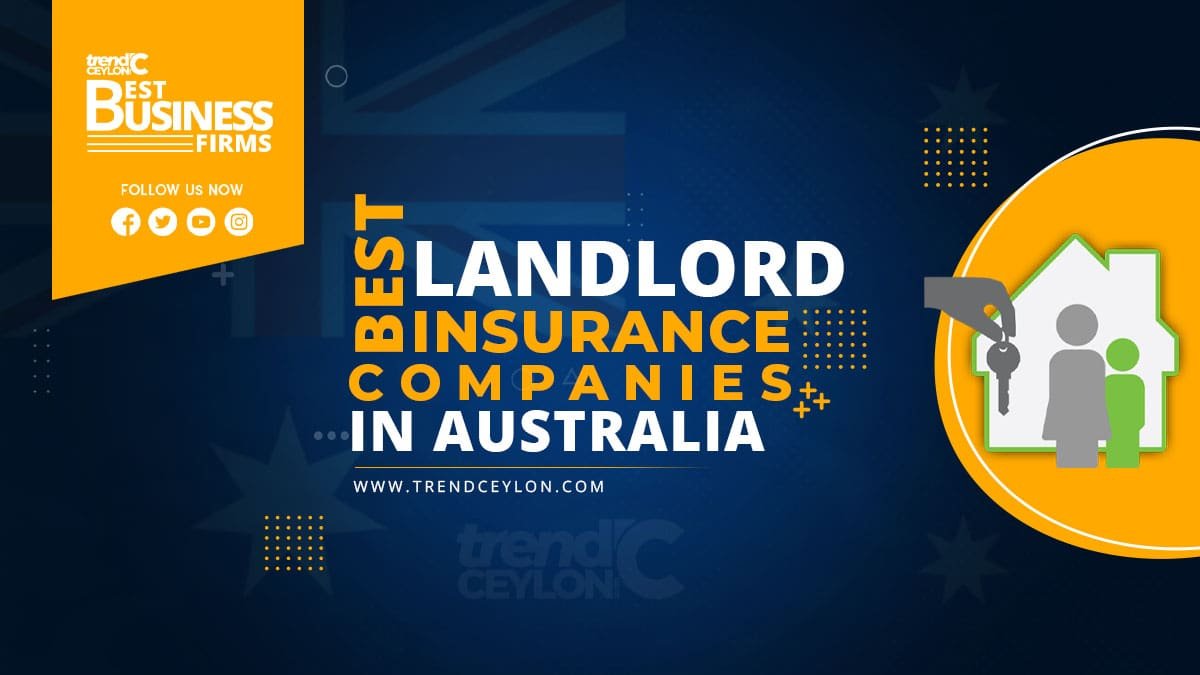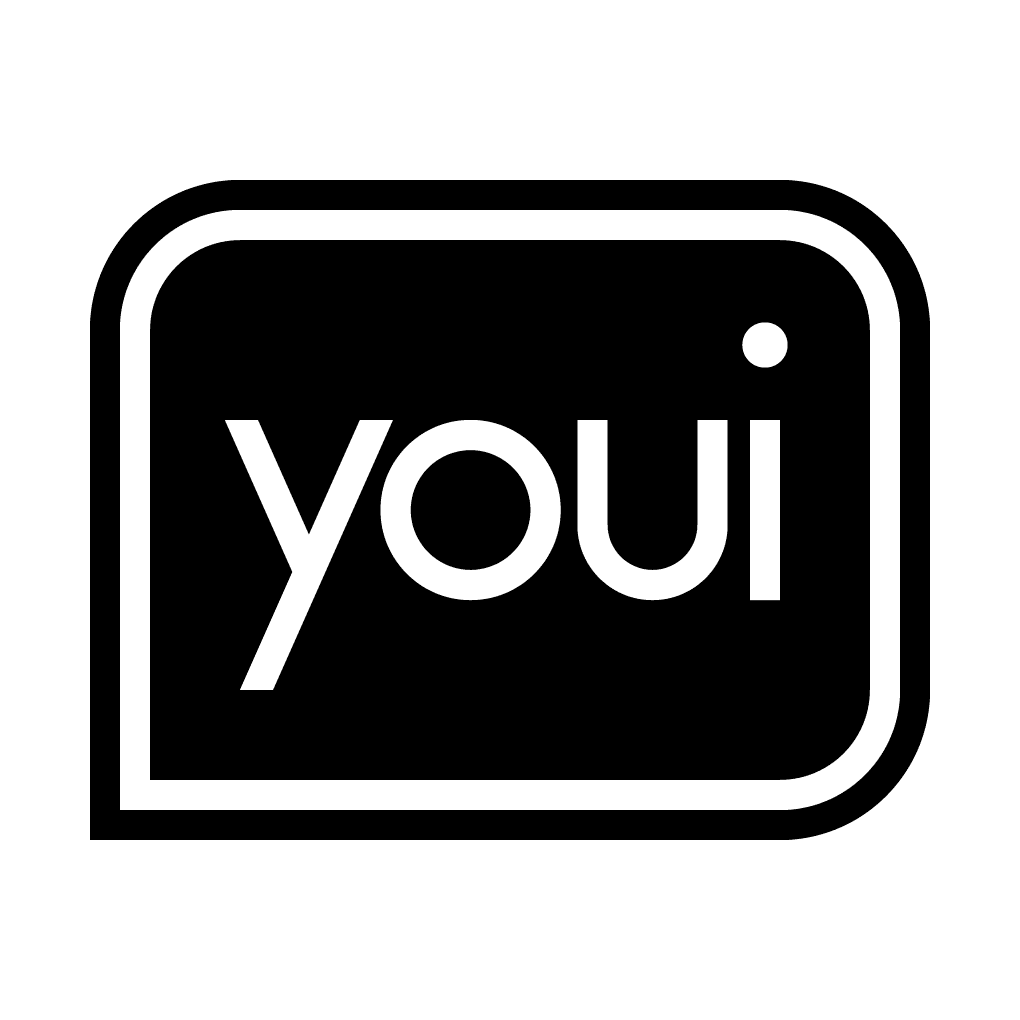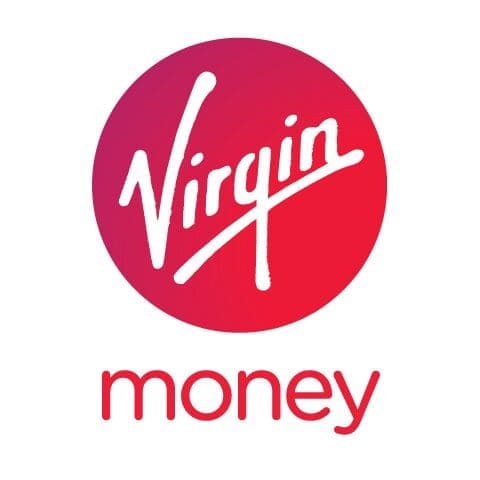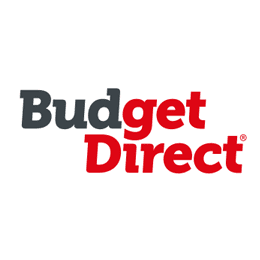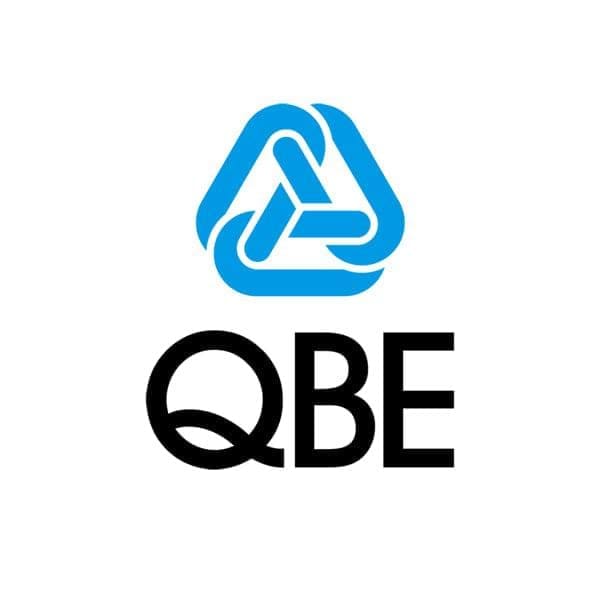Australia, the land Down Under, is a place of breathtaking beauty and warm hospitality. Australia has something for everyone, from its stunning landscapes that range from the rugged Outback to the pristine beaches to its bustling cities teeming with culture. Adding to its appeal is a thriving real estate market, making it a hotspot for property investments. As a landlord in this charming country, safeguarding your investment is crucial. That’s where landlord insurance comes in, offering protection against various risks like property damage and loss of rent.
The people of Australia are just as inviting as the natural scenery. Australians are known for their easy-going attitude and friendly demeanour, making the country an even more appealing destination for property investors. Having peace of mind while leasing out your property in such a supportive community is invaluable. Finding the best landlord insurance companies in Australia becomes an important step in this journey, offering financial safety nets that ensure both landlords and tenants enjoy a mutually beneficial relationship.





